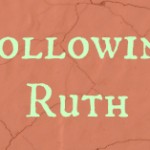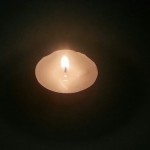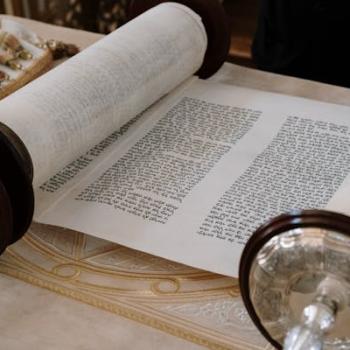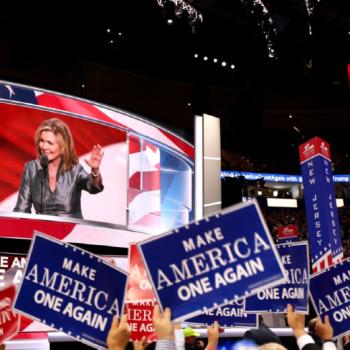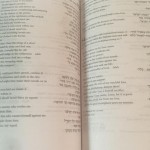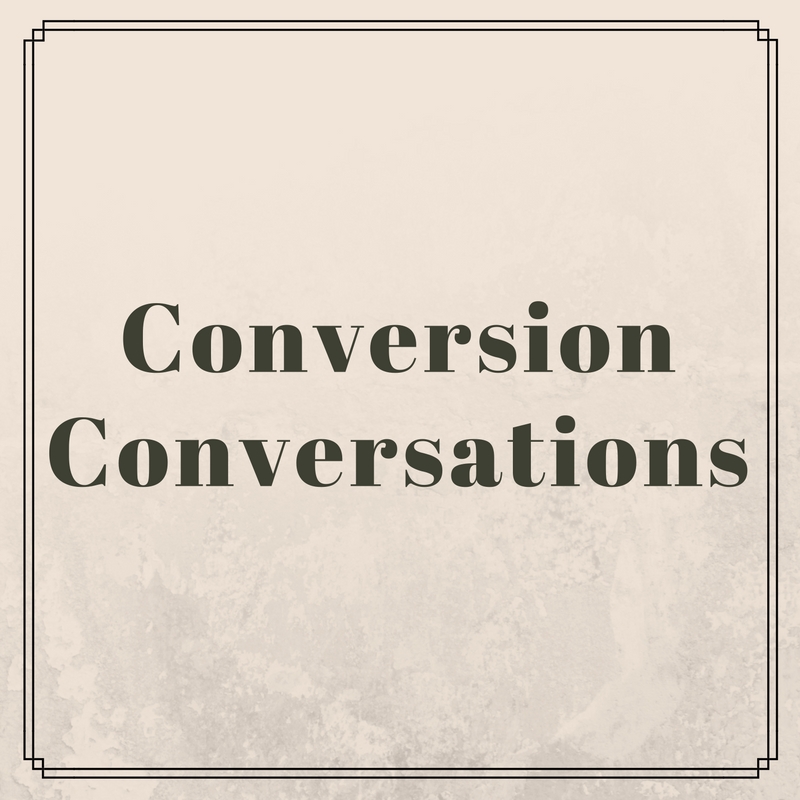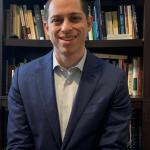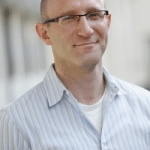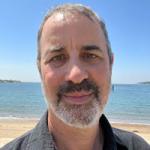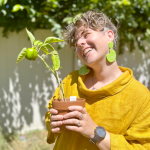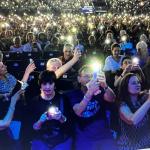I want to remind any readers that I am interviewing because I feel that, despite any differences in belief, those of us who choose a different faith are alike. We long for a better fit, and we seek it out despite personal or professional costs.
The first interview with someone who moved from one faith to another is…anonymous. Seriously. Here’s my interview with him, including why he feels that anonymity is required despite living in a “free” country.
The Interview Questions:
1) What was your childhood like, spiritually? Were you particularly religious? Was your family?
2) When did you start to question your birth faith?
3) What other faiths/worldviews did you look into? Why did you choose the one you finally chose?
4) How long did it take for you to convert?
5) How long did it take for you to “come out of the closet”?
6) How did/do family/friends respond?
7) Are you ultimately glad you made this choice? Would you do anything different? Would you recommend anything different to anyone else?
8) What books would you recommend?
9) Anything else? What questions do you wish people would ask? What questions do you wish people WOULDN’T ask?
What was your childhood like, spiritually?
I was raised in a very strict, fundamentalist Christian home, primarily by my mother (my parents divorced when I was very young). I did have regular visits with my father, who was less strict, but in many ways just as Christian, he was Southern Baptist and my mother was not affiliated with a denomination. As you might imagine, my upbringing was quite religious. Up until I was about 10, I attended Christian schools using the A.C.E. curriculum, and after that I was home-schooled. Mom used mostly textbooks put out by Bob Jones University in homeschooling us, so not only was it very Christian, it was also very conservative, politically.
Me: I was briefly homeschooled with similar material (Abeka). I also did Awana, which heavily incentivized memorization of Bible verses and proselytizing to other kids.
Were you particularly religious?
In short, yes. Not surprisingly, being raised in such an environment results in children who are religious because that is all they know. While I had some moments of childhood rebellion, for the most part I was a “good kid”. I prayed, even when no one was watching, I read and studied the bible on my own, I sang in church – both in the choir and solo. Even during my teen years, I was very active in the church youth groups, and attended church three times a week. There are several times that I can remember having what can be called “spiritual” experiences, things that I now attribute to euphoria and self-delusion.
Was your family particularly religious?
As referenced in the answer to the childhood question, yes. My mother in particular was a KJV Only, biblical inerrancy believer. We had books by Peter Ruckman, Josh McDowell, Bill Gothard, Bob Larson, and Jack Chick. We listened to James Dobson’s radio program regularly. Biblical study and memorization were a large part of the curriculum of my home-schooling, as was evolution denial, with works by the likes of Ken Ham and Kent Hovind. My extended family was also very religious. I have cousins who attended Liberty University, for instance. I have one cousin who went to a state school. She started dating an African-American and her family pulled her out and sent her to Liberty, where that (interracial dating) was against the rules. Outside of a Stephen King novel, I’m not sure it’s possible to have a more religious upbringing.
What other faiths/worldviews did you look into? Why did you choose the one you finally chose?
I’m not sure how to answer this. At least at the start of the process, I wasn’t really actively looking for another faith or worldview. It was more subconscious. By the time I was in my late 20s, I knew I did not agree with most of the precepts that I had been raised with, but there was no conscious questioning. However, because the walls of dogma had been lowered, I started to be exposed to other points of view, incidentally at first. Friends, books, movies, podcasts, etc. that I would have avoided previously due to their “sinful” nature; I was now able to consume. I can’t say I ever really looked into any other religion. I think they were all too similar to what I had come out of, and so they held no real interest for me beyond the academic. By the time I was turned 30, I was identifying as a skeptic, but not as an atheist, and I was voraciously consuming books by the likes of Michael Shermer, and listening to skeptically oriented podcasts.
It wasn’t until 2 years later, around the age of 32, that I began to claim the atheist label. Essentially, in reading books by atheists, watching atheist YouTube videos (the atheist YouTube community was really taking off at that time); I realized that although I wasn’t calling myself an atheist, I definitely was one. At that point I embraced the label and, at least among friends, began calling myself by the “A” word.
How long did it take for you to convert?
Looking back at the timeline, I’d say the journey from Identifying as a Christian to identifying as an atheist took about 5 years.
How long did it take for you to “come out of the closet”?
Heh, I’ll let you know…Seriously, this is a very complicated issue. In many ways, it has about 4 different answers.
i. I came out to myself around 2008, as mentioned above.
ii. I came out to my friends, those I knew would understand, around the same time, maybe a little later.
iii. On social media, it has been a slow process. For a while I had a sock-puppet Facebook profile that allowed me to comment in Atheist groups and ‘like’ atheist authors without anyone seeing. But within the last year, I’ve decided that is too much trouble. Without any sort of announcement or fanfare, I started adding my normal profile to all the same groups, liking atheist icons and commenting in atheist discussions. I do hide outright atheist or liberal posts from my family, but that’s about all the censoring I do now.
iv. Family. Here is where I am technically still in the closet. If they’re paying attention to my activity on Facebook, it shouldn’t be a secret anymore, but you never know. There are a fair number of my relatives, including my mother, who aren’t online in any way, so they wouldn’t have any way of knowing, outside someone else telling them. I’m not sure I’ll ever announce it or go out of my way to make a big deal out of it, since it’s not worth the headache, arguments and stress that it would bring me and the rest of my family. If someone asks, I’ll answer them truthfully, but I’m not going to go looking for that confrontation.
How did/do family/friends respond?
Of the friends I chose to tell, the response has been positive, but I haven’t told anyone that I would expect a negative response from, so that’s a bit of a cheat.
What about work?
I fear some sort of discrimination, likely the inadvertent kind. I know some are pretty Christian. What would expect is for people to look at me differently. In someways that’s not a bad thing – “he is cool and he’s an atheist…” But all in all, I’d prefer for work to be a secular place across the board.
Me: I have had similar thoughts. I am more aware of how many people I work with on a daily identify as Christian or come from a Christian background. It colors everything.
Are you ultimately glad you made this choice? Would you do anything different? Would you recommend anything different to anyone else?
Are you ultimately glad you made this choice? Am I glad that I became an atheist? The answer is an emphatic yes. My mind is free, my worldview is uncluttered; to paraphrase Julia Sweeny, if this is all there is, then it means so much more, not less. Life is precious because we only have the one. Ironically, along with this realization comes the fact that I no longer have an irrational fear of punishment after death (or endless reward either, heaven always sounded like a big bore to me).
I want to make a point here. I am an atheist, but that’s not all I am. Hand-in-hand with my (de)conversion to atheism came a move to humanism, feminism, secularism and skepticism. And I would absolutely encourage everyone to think about moving in those same directions.
What books would you recommend?
It’s almost become cliché, but Dawkins’ The God Delusion is a good foundational book to start with. God Is Not Great: How Religion Poisons Everything
by Christopher Hitchens is also worth a read, presenting a more intellectual and acerbic point of view. While it isn’t specifically an atheist book, the one I would recommend the strongest is Demon-Haunted World by Carl Sagan. It presents an excellent case for scientific, reality-based world-view, which, for me, is connected to my atheism.
They aren’t books, but the videos of AronRa and the Atheist Experience, along with the podcasts The Thinking Atheist, The Non-Prophets, and Godless Bitches were and are some of my favorites.
Anything else? What questions do you wish people would ask? What questions do you wish people WOULDN’T ask?
I’m fine with honest questions of about any type. Questions that are attempts to start a dialogue, rather than maneuver me into a particular pigeonhole.
The thing I run into the most consistently is a misunderstanding of what atheism is. By the dictionary, atheism is the lack of theism, that is, the lack of belief in a god or gods. It is true that culturally, especially on the internet, there is a lot more to atheism that just the lack of belief. For many atheists other interrelated areas of concern become a part of the community, like secularism, humanism, feminism, and others.
I am struck about how similar it is to coming out as LGBT. SO similar. (I actually wrote a post about that, too.) Do you think that your experience has made you more empathetic to others, or do you think it was your awareness that helped you “de-convert?”
The similarities have been pointed out before. I’d say my empathy to minorities has been heightened by my own experiences, not that I have been the subject of any serious discrimination on a personal level.

